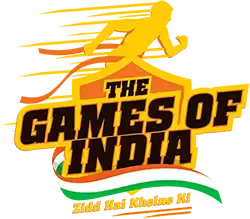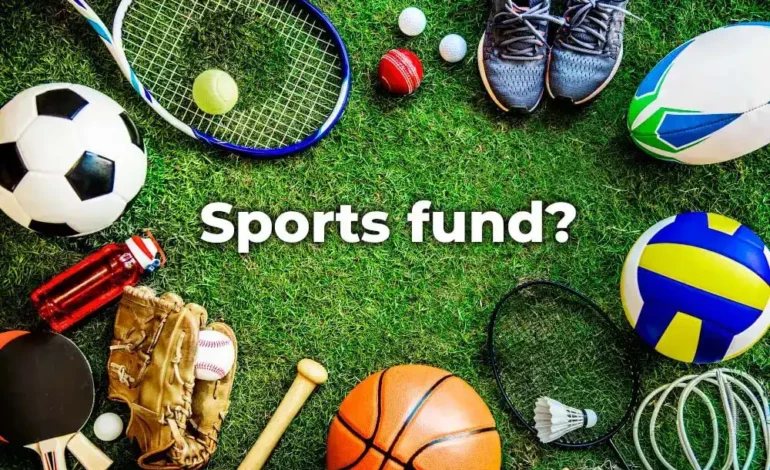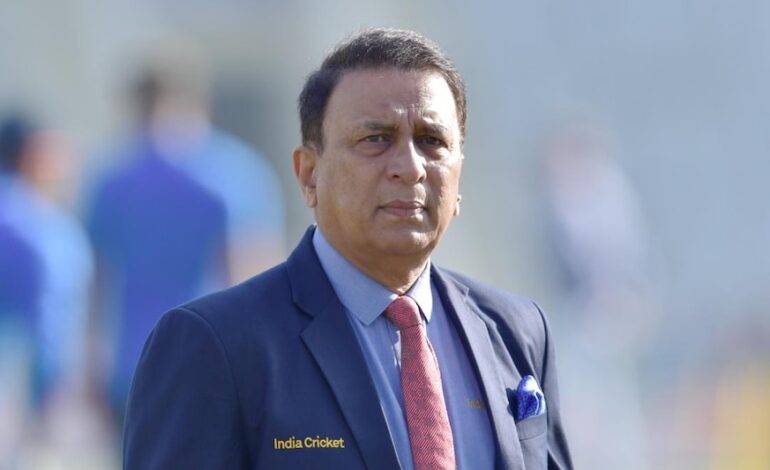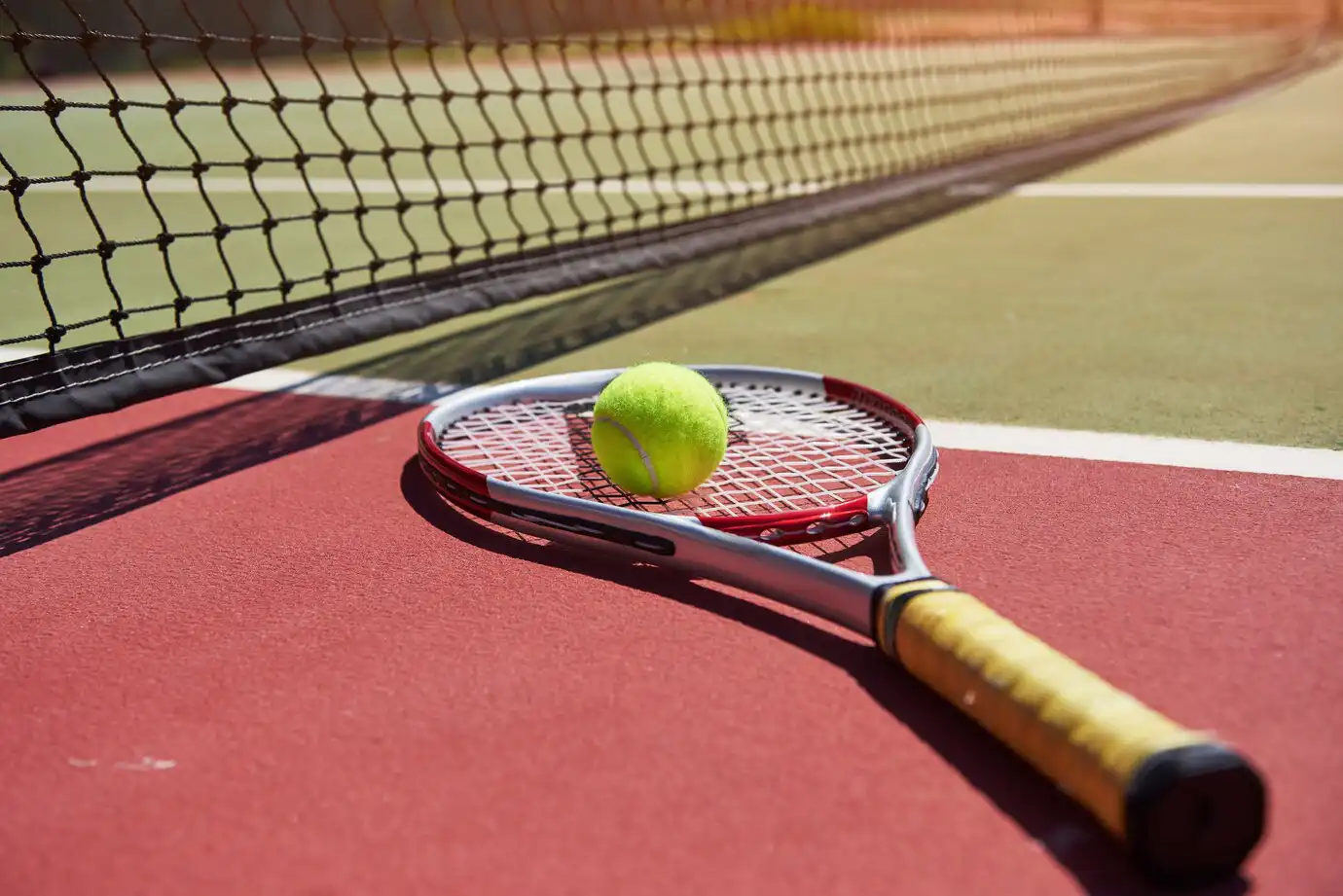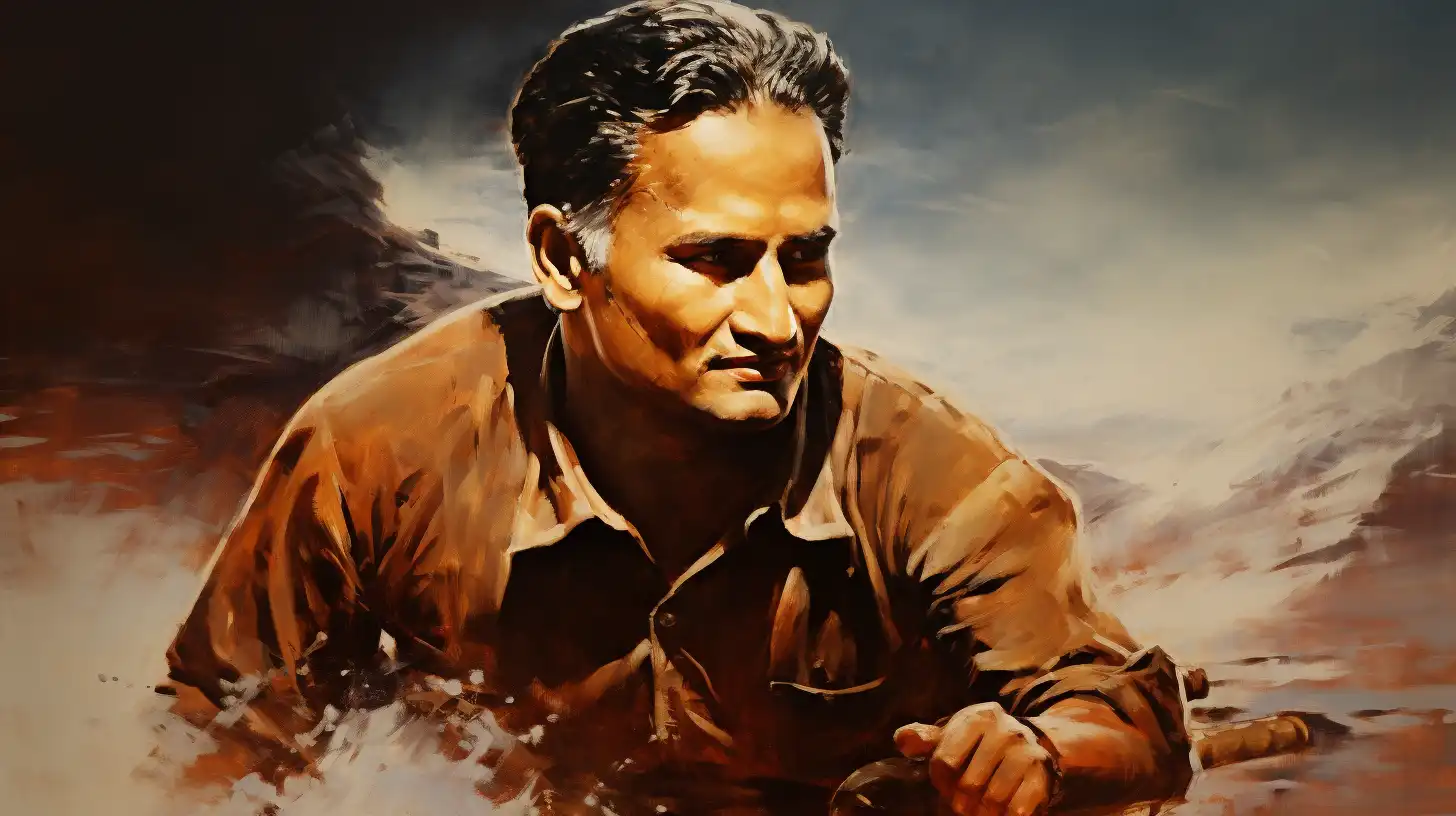Beyond the Field: Unraveling the Vital Role of NGOs in Sports Development and Global Impact
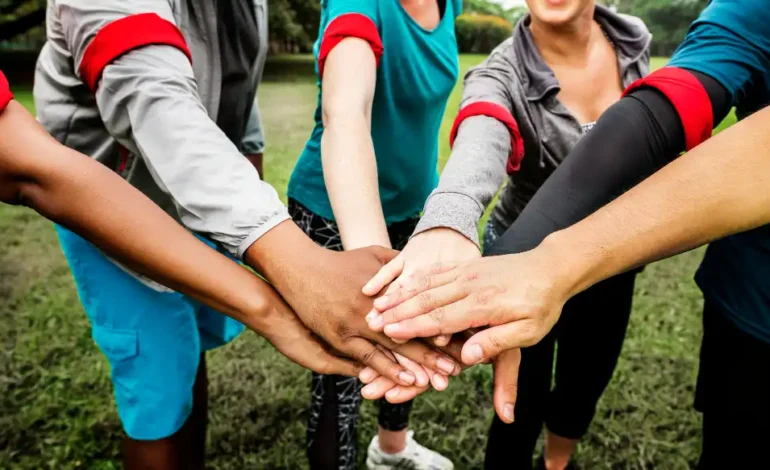
In the dynamic arena of sports, Non-Governmental Organizations (NGOs) emerge as silent architects, weaving a tapestry of impact and transformation. This exploration delves into the multifaceted role that NGOs play in the world of sports, transcending conventional boundaries to foster development, inclusivity, and a profound sense of community.
**1. Empowering Athletes Beyond Borders:
Overview: NGOs in sports embark on a mission that goes beyond national borders. Their role is not confined to nurturing local talent; it extends to empowering athletes on a global scale, fostering a sense of unity and camaraderie.
In-Depth: NGOs like Right to Play leverage sports as a universal language, empowering athletes from diverse backgrounds. Through global initiatives, they create platforms for cross-cultural exchanges, breaking barriers and fostering a shared passion for sports.
**2. Grassroots Upliftment:
Overview: At the core of NGO involvement in sports lies a commitment to grassroots upliftment. These organizations recognize that the seeds of greatness are sown at the grassroots, and they play a pivotal role in cultivating talent from the very foundation.
In-Depth: NGOs such as Pro Sport Development initiate grassroots programs, introducing sports to children in underserved communities. By providing access to facilities, equipment, and mentorship, they ensure that every child, regardless of socio-economic background, has the opportunity to explore their athletic potential.
**3. Promoting Inclusivity:
Overview: In the realm of sports, inclusivity is a driving force, and NGOs actively champion this cause. Their role extends beyond identifying talent; it involves dismantling barriers that hinder equal participation.
In-Depth: NGOs like Women Win focus on promoting gender inclusivity in sports. By providing support, resources, and advocacy, they break down gender stereotypes, empowering female athletes to participate, compete, and excel in sports traditionally dominated by men.
**4. Advocating for Social Change:
Overview: NGOs in sports often double as agents of social change. They recognize the transformative power of sports in addressing societal issues and actively advocate for positive shifts in cultural perceptions.
In-Depth: Organizations like Magic Bus use sports as a tool for social development. Their programs not only focus on athletic skills but also instill life skills, empowering children to break the cycle of poverty and contribute positively to their communities.
**5. Crisis Response and Rehabilitation:
Overview: NGOs exhibit resilience not only in moments of triumph but also in times of crisis. Their role extends to crisis response and rehabilitation, using sports as a healing and unifying force.
In-Depth: In the aftermath of natural disasters or conflicts, NGOs like Mercy Corps utilize sports as a means of rehabilitation. Through sports programs, they provide emotional support, healing, and a sense of normalcy to communities facing adversity.
Conclusion: As we unravel the layers of the role of NGOs in sports, it becomes evident that their impact transcends the boundaries of conventional sports management. From empowering athletes globally to championing grassroots upliftment, promoting inclusivity, advocating for social change, and being agents of crisis response, these organizations stand as pillars, fortifying the foundation of a more inclusive, empowered, and socially aware sporting world. In the symphony of sports, NGOs wield a baton that orchestrates not just victories on the field but a harmonious blend of impact and transformation.
